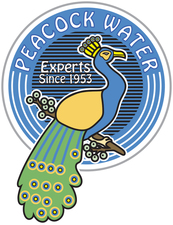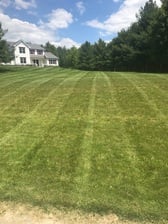
Get matched with top lawn fertilization and treatment specialists in Cridersville, OH
Enter your zip and get matched with up to 5 pros
Need a pro for your lawn fertilization and treatment project in Cridersville, OH?
Verified Reviews for Lawn Fertilization And Treatment pros in Cridersville, OH
*The Angi rating for Lawn Fertilization And Treatment companies in Cridersville, OH is a rating based on verified reviews from our community of homeowners who have used these pros to meet their Lawn Fertilization And Treatment needs.
*The HomeAdvisor rating for Lawn Fertilization And Treatment companies in Cridersville, OH is a rating based on verified reviews from our community of homeowners who have used these pros to meet their Lawn Fertilization And Treatment needs.
Last update on December 15, 2025
Find Lawn fertilization and treatment specialists in Cridersville
A&C CONTACTING
A&C CONTACTING
A&C CONTACTING* "Ready to bring your vision to life? Get a free estimate today and let's start working together! Contact me now to discuss your project."
A&C CONTACTING* "Ready to bring your vision to life? Get a free estimate today and let's start working together! Contact me now to discuss your project."

Sheets Holdings LLC
Sheets Holdings LLC
We provide demo and haul away services, lawn, snow removal and handy man services for residential and commercial properties in the Lima, Ohio area. Call Mike @ 419-236-5802
We provide demo and haul away services, lawn, snow removal and handy man services for residential and commercial properties in the Lima, Ohio area. Call Mike @ 419-236-5802
Chiles Industries LLC
Chiles Industries LLC
Chiles Industries provides all manner of property maintenance services. Lawncare, landscaping, deck maintenance, pressure washing, property cleanup, indoor property maintenance, etc. Please don't hesitate to contact us withany questions about a project you might have.
Chiles Industries provides all manner of property maintenance services. Lawncare, landscaping, deck maintenance, pressure washing, property cleanup, indoor property maintenance, etc. Please don't hesitate to contact us withany questions about a project you might have.
Pinks Handymen And Son's
Pinks Handymen And Son's
Handyman and construction
Handyman and construction
Detailed Lawns & Landscaping LLC
Detailed Lawns & Landscaping LLC
Beautiful Lawns don't happen by themselves. They require the skilled touch of an expert and more than a little hard work. That's why we encourage you to contact Detailed Lawns Landscaping at (419)549-2631 We know what it takes to make your home and business look it's best. We offer #SpringClean #Mulch #RiverRock #WeeklyMowing #PruningShrubs #ReEdging #PoisonIvyRemoval and so much more. Give us a Call today for your free Estimate
Beautiful Lawns don't happen by themselves. They require the skilled touch of an expert and more than a little hard work. That's why we encourage you to contact Detailed Lawns Landscaping at (419)549-2631 We know what it takes to make your home and business look it's best. We offer #SpringClean #Mulch #RiverRock #WeeklyMowing #PruningShrubs #ReEdging #PoisonIvyRemoval and so much more. Give us a Call today for your free Estimate
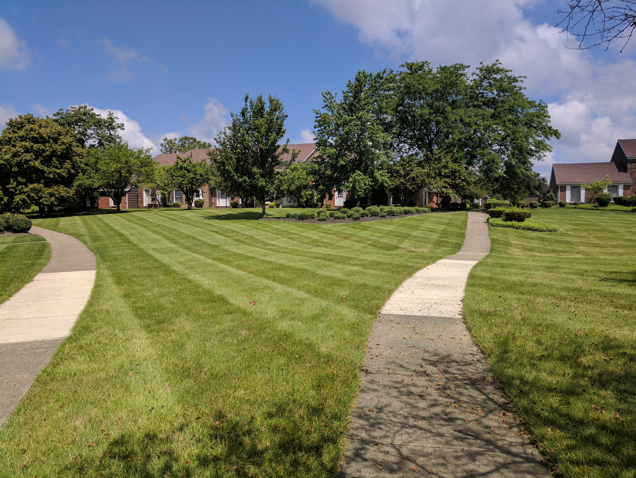
Lawn Wizard
Lawn Wizard
Serving: Sidney, Anna, Port Jefferson, Maplewood, Botkins, Jackson Center, Wapakoneta, Lakeview and Russell's Point. Landscaping Services: Mowing Mulch Hedge Trimming Lawn Applications Fall/Spring Cleanups Snow Removal And Much More!
Serving: Sidney, Anna, Port Jefferson, Maplewood, Botkins, Jackson Center, Wapakoneta, Lakeview and Russell's Point. Landscaping Services: Mowing Mulch Hedge Trimming Lawn Applications Fall/Spring Cleanups Snow Removal And Much More!
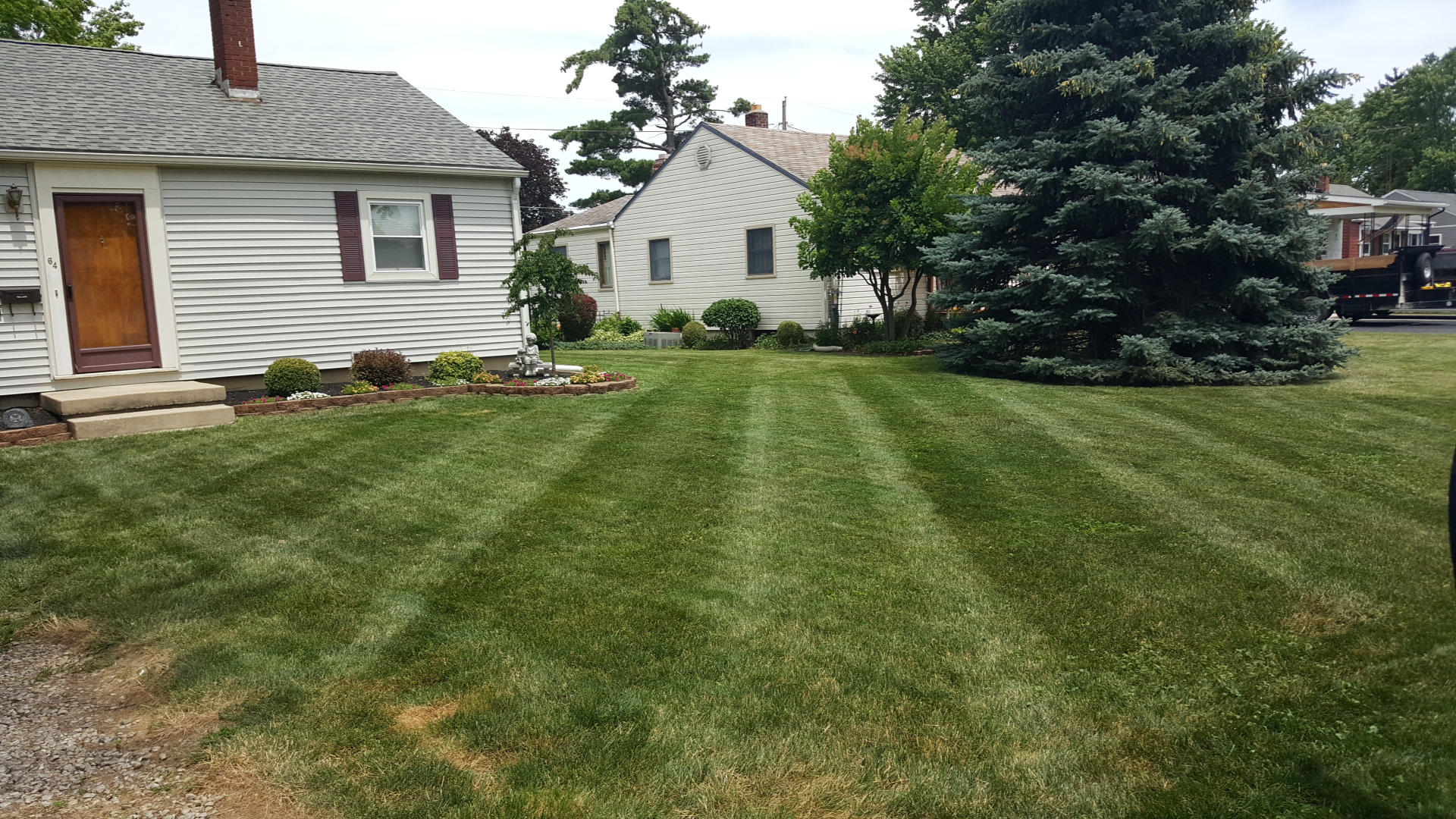
Kuhn's lawn care and property management
Kuhn's lawn care and property management
We are new business with a lot of experience we offer free estimates and competitive rates
We are new business with a lot of experience we offer free estimates and competitive rates
t/j contracting llc.
t/j contracting llc.
We are a well experienced general contractor, honest, dependable and take pride in our workmanship.
We are a well experienced general contractor, honest, dependable and take pride in our workmanship.

The Grounds Guys of Lima and Findlay
The Grounds Guys of Lima and Findlay
The Grounds Guys was started over 25 years ago and currently have over 230 locations across North America. The Grounds Guys of Lima and Findlay opened in 2015 and have over 14 years experience prior to joining The Grounds Guys team. We currently employee 7 seasonal employees and 2 full time employees during the off season of winter. Our 5 Differences: 1. Clean, Branded Vehicles 2. Professional, Uniformed Personnel 3. Timely Response Guarantee 4. Safe, Reliable Equipment Maintained Daily 5. Quality Control Reports Delivered Timely
The Grounds Guys was started over 25 years ago and currently have over 230 locations across North America. The Grounds Guys of Lima and Findlay opened in 2015 and have over 14 years experience prior to joining The Grounds Guys team. We currently employee 7 seasonal employees and 2 full time employees during the off season of winter. Our 5 Differences: 1. Clean, Branded Vehicles 2. Professional, Uniformed Personnel 3. Timely Response Guarantee 4. Safe, Reliable Equipment Maintained Daily 5. Quality Control Reports Delivered Timely
The Cridersville, OH homeowners’ guide to lawn fertilization and treatments
From average costs to expert advice, get all the answers you need to get your job done.
 •
•Discover the cost to fertilize your lawn, including average prices, key factors, and tips to help homeowners budget for a lush, healthy yard.
 •
•Get transparent power seeding cost info to learn what impacts pricing, how to save, and whether to DIY or hire a pro for your lawn’s best results.
 •
•Discover average hydroseeding cost, key price factors, and ways to save. Get transparent estimates for your lawn project and make informed decisions for your home.

When your grass keeps dying where a tree used to be, it’s likely because there is a nutrient deficit in the soil in that area. Here’s how to fix it.
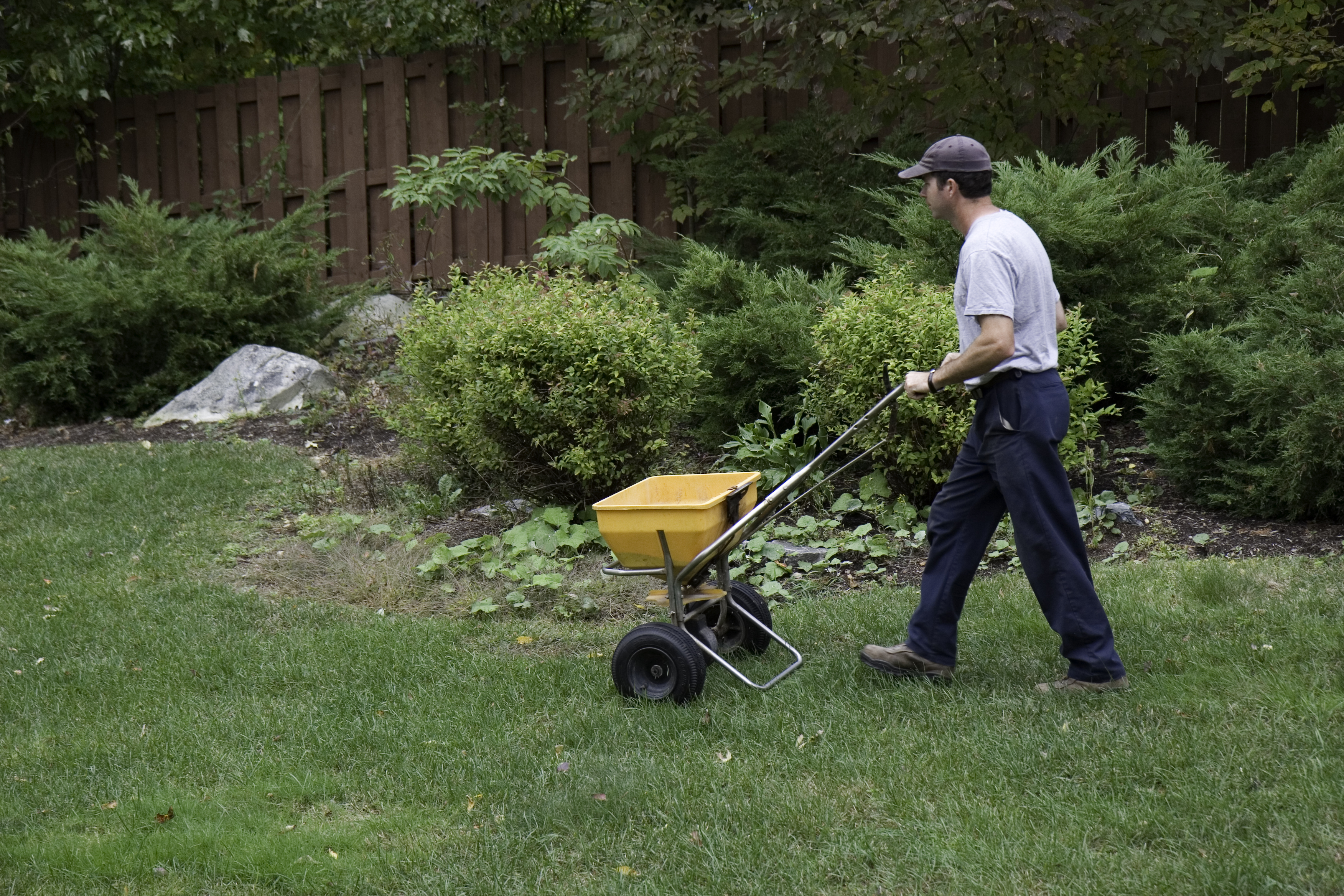
When it comes to drop spreaders versus broadcast spreaders, knowing the differences between them will help you make the right choice for your outdoor setup.
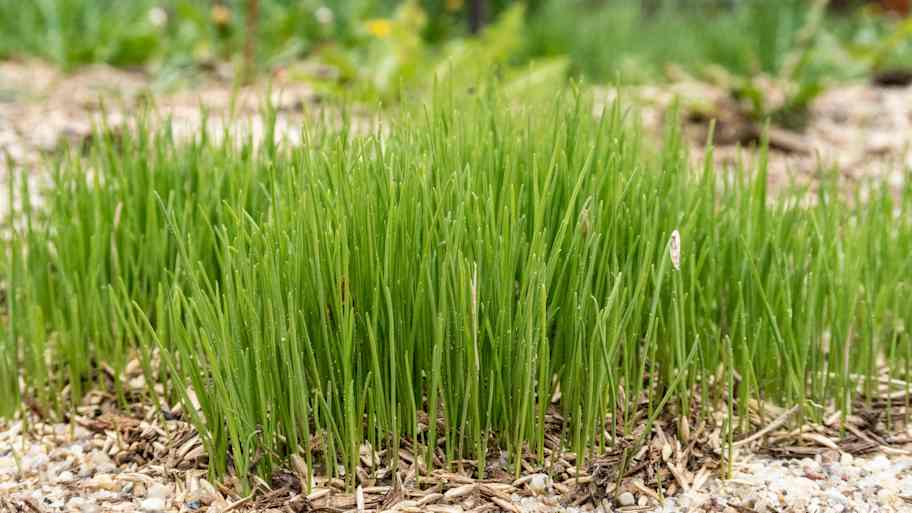
Ready to give your yard a fresh start? With these tips for grass seed planting, your lush lawn dreams are one step closer to becoming a reality.
- Lima, OH Lawn fertilization and treatment specialists
- Wapakoneta, OH Lawn fertilization and treatment specialists
- Elida, OH Lawn fertilization and treatment specialists
- Waynesfield, OH Lawn fertilization and treatment specialists
- Cairo, OH Lawn fertilization and treatment specialists
- Harrod, OH Lawn fertilization and treatment specialists
- Spencerville, OH Lawn fertilization and treatment specialists
- Beaverdam, OH Lawn fertilization and treatment specialists
- Delphos, OH Lawn fertilization and treatment specialists
- Columbus Grove, OH Lawn fertilization and treatment specialists
- Botkins, OH Lawn fertilization and treatment specialists
- New Knoxville, OH Lawn fertilization and treatment specialists
- Alger, OH Lawn fertilization and treatment specialists
- Saint Marys, OH Lawn fertilization and treatment specialists
- Jackson Center, OH Lawn fertilization and treatment specialists
- Lakeview, OH Lawn fertilization and treatment specialists
- Bluffton, OH Lawn fertilization and treatment specialists
- Fort Jennings, OH Lawn fertilization and treatment specialists
- Ada, OH Lawn fertilization and treatment specialists
- Ottoville, OH Lawn fertilization and treatment specialists
- Russells Point, OH Lawn fertilization and treatment specialists
- Middle Point, OH Lawn fertilization and treatment specialists
- Anna, OH Lawn fertilization and treatment specialists
- Pandora, OH Lawn fertilization and treatment specialists
- Mendon, OH Lawn fertilization and treatment specialists
- Kalida, OH Lawn fertilization and treatment specialists
- New Bremen, OH Lawn fertilization and treatment specialists
- Belle Center, OH Lawn fertilization and treatment specialists
- Lakewood Club, MI Lawn fertilization and treatment specialists
- Glandorf, OH Lawn fertilization and treatment specialists
- Plumbing in Cridersville
- Roofing in Cridersville
- Tree Service in Cridersville
- Electrical in Cridersville
- Kitchen And Bath Remodeling in Cridersville
- Fencing in Cridersville
- Siding in Cridersville
- Lawn And Yard Work in Cridersville
- Concrete Repair in Cridersville
- Landscaping in Cridersville
- Garage Doors in Cridersville
- Flooring in Cridersville
- Foundation Repair in Cridersville
- Pressure Washing in Cridersville
- Garbage Collection in Cridersville
- Moving in Cridersville
- Windows in Cridersville
- Handyman Service in Cridersville
- Gutter Cleaning in Cridersville
- Driveways in Cridersville
- Cleaning in Cridersville
- Exterior Painting in Cridersville
- Insulation in Cridersville
- Basement Waterproofing in Cridersville
- Air Duct Cleaning in Cridersville
- Concrete Driveways in Cridersville
- Swimming Pools in Cridersville
- Stone And Gravel in Cridersville
- Leaf Removal in Cridersville
- Carpet Cleaning in Cridersville
- 🌱 "Mow a small front yard"
- 🛠 "Fix a leaking pipe under the sink"
- 🏠 "Repair shingles on an asphalt roof"






